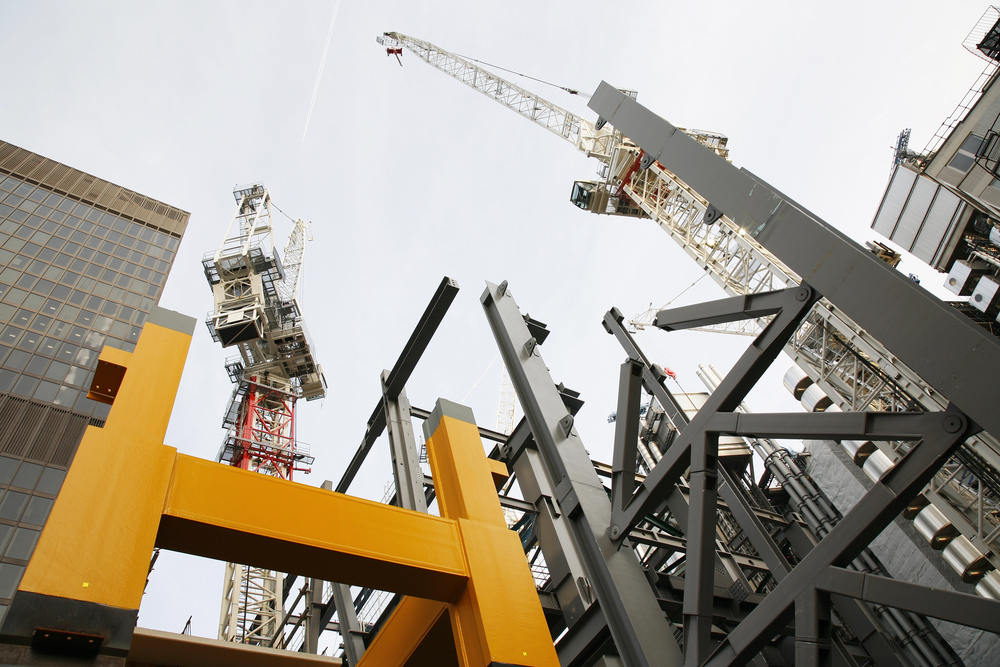Equipment Breakdown: 4 Coverage Details to Discuss with Your Clients

By: Will Jones
As more and more businesses rely on mechanical and electrical equipment—and system interdependency and complexity increases—equipment breakdown insurance is a must-have coverage for today’s commercial client.
When a breakdown interrupts a business’s operations, equipment breakdown coverage is generally designed to pay for the cost to repair or replace broken-down business equipment, machinery or technology, as well as any income lost in the process. However, in today’s commercial environment, the coverage has grown to mean much more.
When insuring a commercial client’s equipment, make sure you discuss these four coverage elements:
1) Inspections and maintenance. Commercial equipment requires upkeep to ensure efficiency and longevity—some more than others. Moreover, in some industries and states, checkups and inspections to guarantee certain standards are a business requirement.
“Jurisdictional inspections are a unique service associated with the equipment breakdown line of coverage,” says Bill Murphy, vice president, global product owner, Hartford Steam Boiler. “Optimally, it’s important to provide coverage that’s supported by a provider that has a jurisdictional capability to fulfill that requirement on behalf of the insured.”
And for commercial clients who are reliant on their machinery, routine maintenance is another must. Jeff Widdows, Agribusiness Practice technical specialist, Agriculture Division, PayneWest Insurance in Yakima, Washington, writes business solely for the tree fruit and hops industries and emphasizes the importance of employing a maintenance team.
“Almost every cold-storage warehouse client has a refrigeration maintenance team,” Widdows explains. “It’s critical that the team knows what they’re doing, they’re well-trained and they’re able to perform the functions properly so we don’t run into costly wear-and-tear-type exclusions.”
2) Limits and sublimits. Just as exposures vary across industries, each exposure’s potential cost does, too. Confirming that a policy’s limits are high enough for each business is an area where insurance agents can demonstrate their expertise and ensure their clients are properly protected. “It’s about the uniqueness of the industries and catering limits to those additional coverages,” says Murphy, who compares two different types of clients and how their limit requirements may vary.
“If you a look at a food processing warehouse, particular attention must be paid to perishable goods, their value and making sure an adequate limit is provided,” Murphy explains. In contrast, “if you look at an extremely large office building, attention must be paid to making sure there’s an adequate extra expense limit because there might be a catastrophic event that could require folks to continue working if they’re displaced.”
Another area agents can completely protect their clients with equipment breakdown coverage is by checking the policy for built-in sublimits and discussing them with the insured. A policy might include protection for business interruption, physical damage coverage for the equipment itself and extra expense, “but often, all of those things can be sublimited, which, depending on the specific characteristics of the risk, may be inadequate,” says James Eades, executive vice president, chief brokerage officer with Arlington/Roe in Indianapolis. “We always look for what the potential lost income could be and may even put a separate limit on that coverage.”
3) Time-limit deductible. One caveat of equipment breakdown coverage is that “a lot of carriers have a three-day waiting period on business interruption claims,” says Dain Wise, sales manager, INSURICA Express in Norma, Oklahoma. “Depending on the insured, those three days might mean the entire claim has to come out of pocket. You can pay more premium to waive it, but it can be really important, and it tends to get overlooked.”
4) Cyber coverage. More than half of U.S. businesses have experienced a cyberattack in the past year, according to Munich Re’s most recent Cyber Risk Survey. Of those businesses hacked, almost three-quarters spent $5,000 or more on the attack, while over one-third spent over $50,000.
Among the causes of a cyberattack were malware, viruses, denial of service, ransomware and cyber extortion, with data loss and business interruption cited as the most common consequences. As Widdows points out, for clients who rely on high-tech equipment to gather data or operate machinery, “the cyber intrusion component is a growing concern.”
Will Jones is IA assistant editor.










